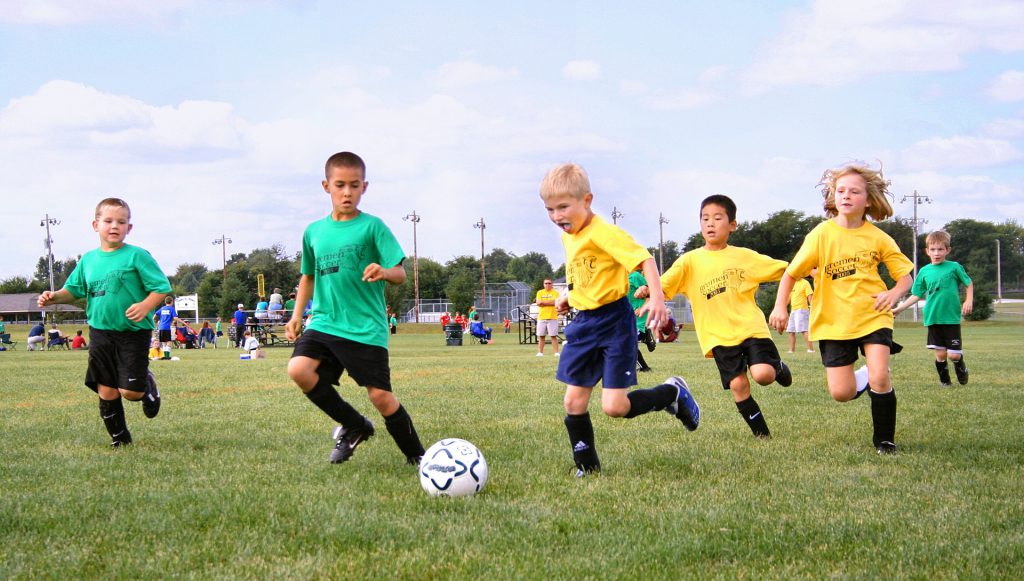Next week (July 16-22) is National Youth Sports Week. Sports help children and adolescents develop character while keeping them fit and active. Children who play sports learn how to work with others as a team, self-motivation, and how to deal with emotions when a game is lost. As a parent or caregiver, you can play … Read More about Supporting Your Children Playing Sports
Category: Youth Activities
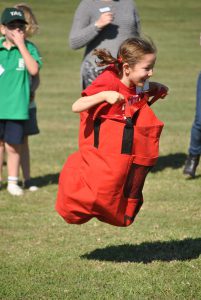
Relay Race
Relay races are a fun way for kids, especially preschoolers, to learn sportsmanship as they compete against other teams to win. They’re a great activity to include in your summer cookouts and neighborhood block parties with friends and family. There are many ways to play, but you usually will split into two (or more) teams … Read More about Relay Race
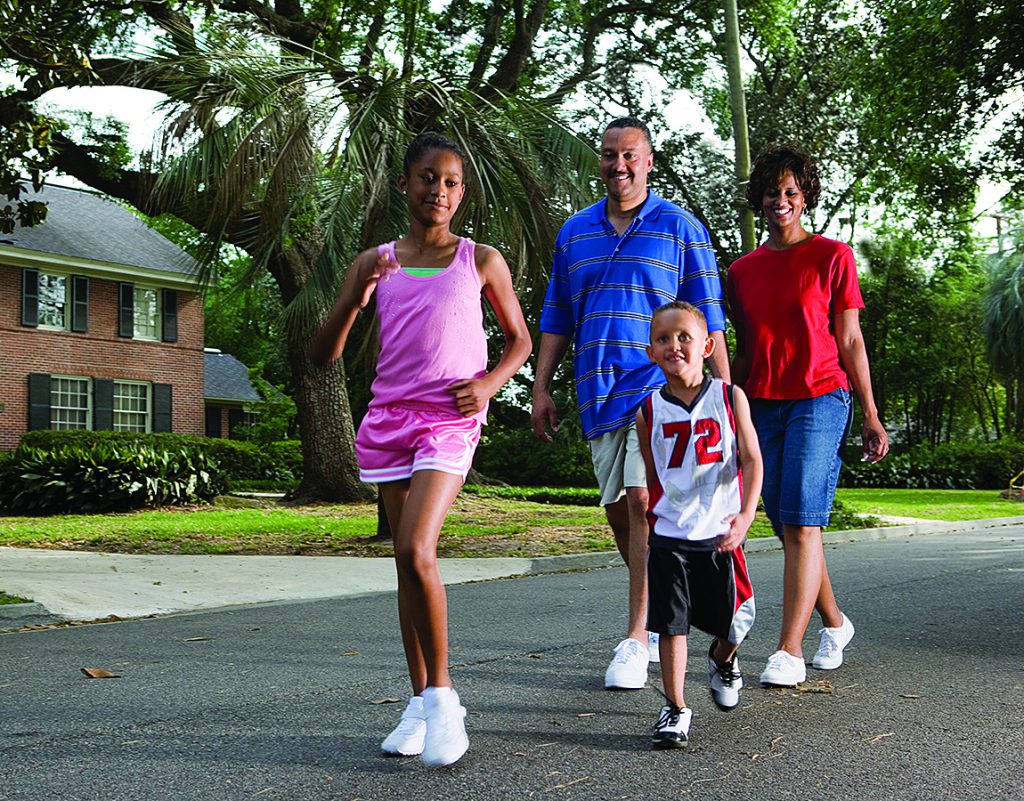
Fitting in Physical Activity
School-aged children spend much of their day focused on school between waking up early, spending all day at school, and doing homework when they get home. With the demands of school, it can be hard to fit in physical activity, especially when the whole family is tired from a long day. Physical activity can help … Read More about Fitting in Physical Activity
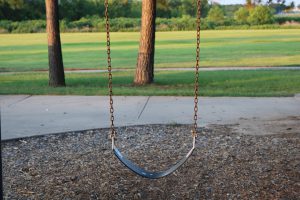
Summer Safety
Summer break is quickly approaching for school-aged children and teens. For many students, this means a break from school and extracurricular commitments and time to have fun and recover from the school year. Summer’s a great time for children to spend more time being physically active. With more freedom during this season comes more opportunities … Read More about Summer Safety
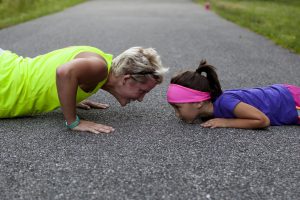
Strength Training for Children
Strength training is a vital type of physical activity that helps our muscles and bones grow stronger. Bone mass builds tremendously during childhood, and strength training is a great way to ensure children’s bones grow strong. Once children are old enough to play organized sports (usually around 7-8 years old), they can start participating in … Read More about Strength Training for Children
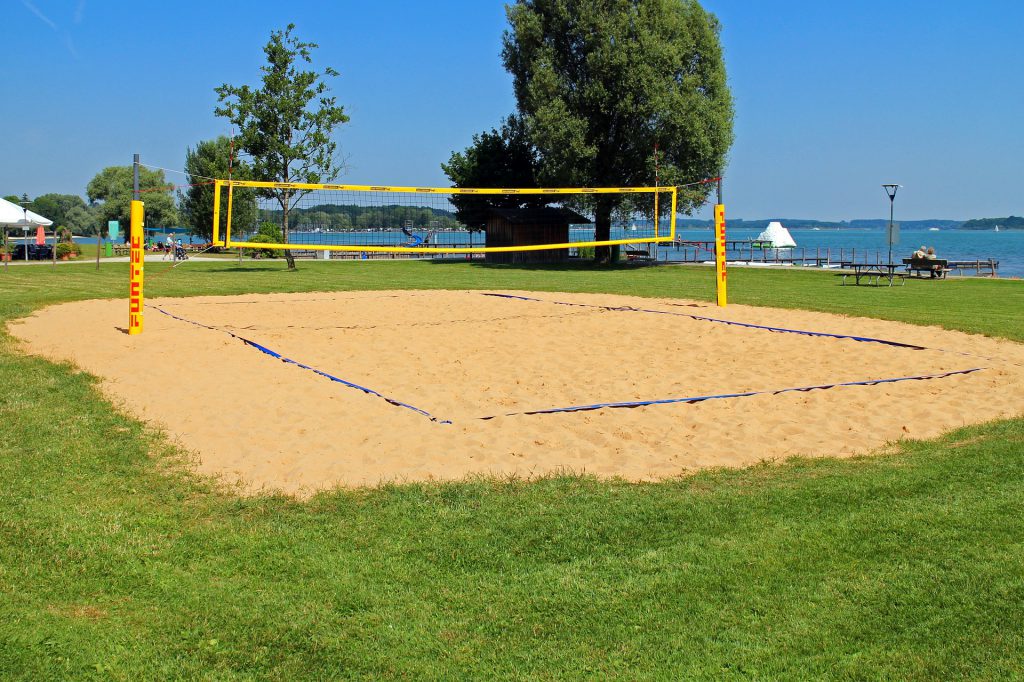
Volleyball
Volleyball is a fun sport children can play inside a gym or outside on a sand court. It combines aspects of basketball, baseball, tennis, and handball, making it a unique game! Whether you play in a gym or on a sand court, you can find places to play volleyball near you. Contact your local parks … Read More about Volleyball
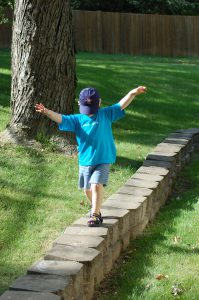
Preparing for PE Fitness Tests
North Carolina public schools encourage healthy growth and development by creating physical activity goals for children to meet in physical education (PE) classes. Even if your child hasn’t started kindergarten yet, you can be preparing them early for the PE requirements. Listed below are activities for different grade levels that children can participate in to … Read More about Preparing for PE Fitness Tests
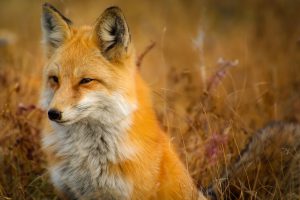
What Time Is It, Mr. Fox?
Age-appropriate active games are a great way to help children grow and develop. They can challenge their mind while also challenging their physical fitness! One game your older preschooler or younger school-aged child can play with their friends is “What Time Is It, Mr. Fox?” To play, your child will need at least 2 other … Read More about What Time Is It, Mr. Fox?
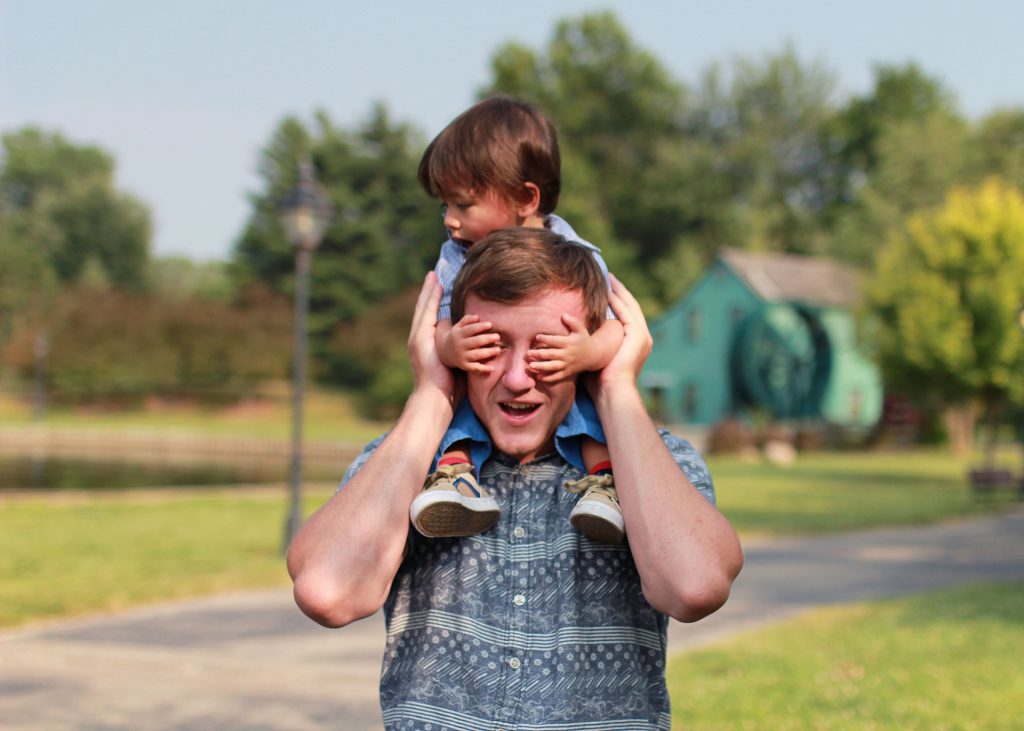
Do You See What I See?
Regular exercise is essential to children’s physical development, but it’s also important to be mindful of their cognitive development. There are different developmental milestones children reach at different ages. These milestones are categorized into different types of development: Social/emotional Language/communication Cognitive (learning, thinking, problem-solving) Movement/physical Games can be a great way to help your child … Read More about Do You See What I See?

Make Up a Story and Act it Out
Imagination is an important part of childhood development. As children imagine new possibilities, they learn to think outside the box and solve problems in unique ways. This kind of thinking is critical to their cognitive development. While some adults struggle with creative thinking, children usually don’t! Children often have wild and active imaginations, so why … Read More about Make Up a Story and Act it Out
